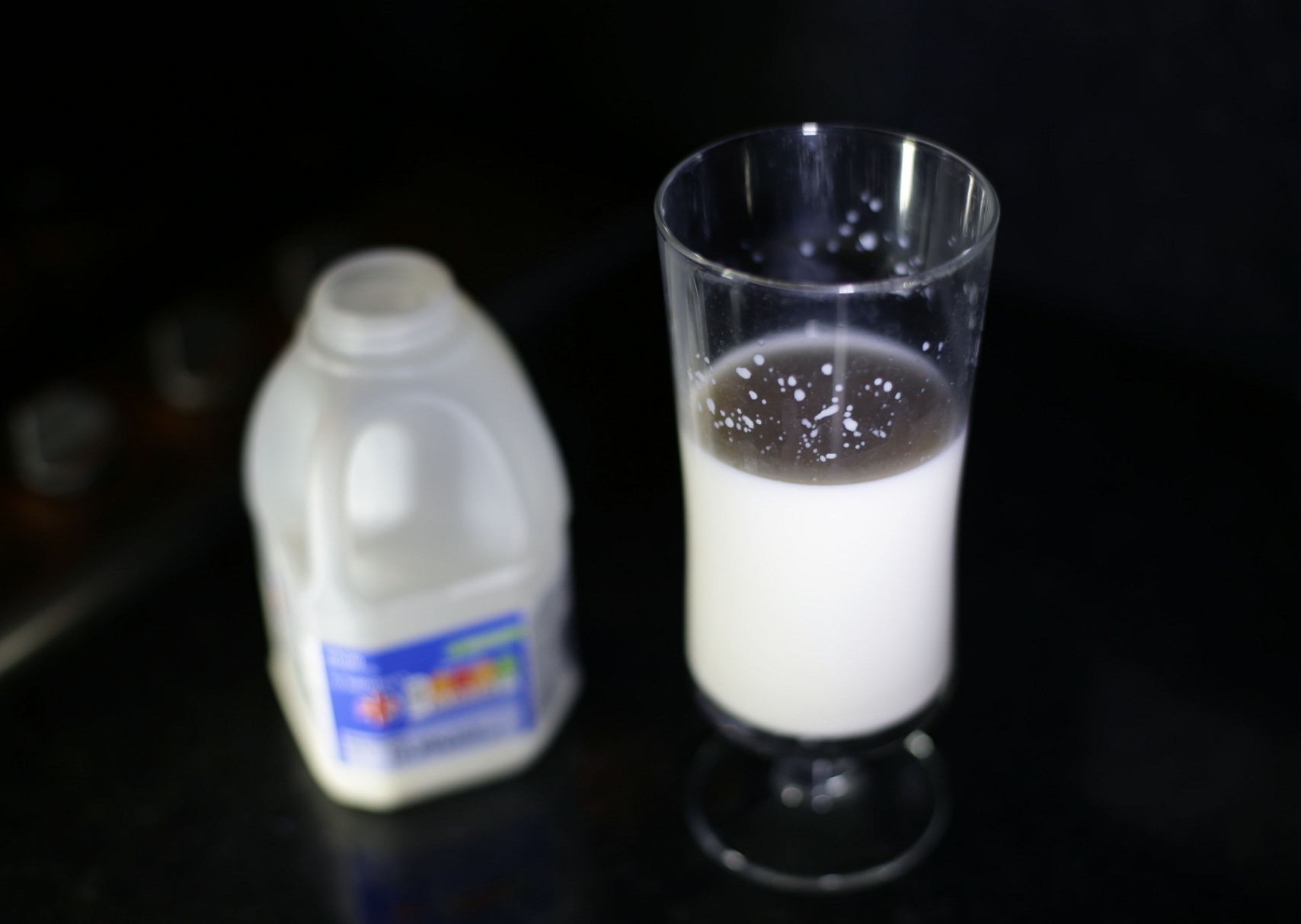Dairy farmers supplying First Milk have been stung by an immediate company cash flow crisis and will suffer a shock two-week deferral of their next milk cheque.
Denying the co-op is teetering on the brink of collapse, the milk processor’s chairman Sir Jim Paice MP instead announced the UK’s largest wholly farmer-owned dairy company has made the move to “re-build the fundamentals of the business” ahead of the spring flush of milk.
As the company’s dairy farmers are paid every two weeks, the move to delay payments means suppliers will not receive their next milk cheque until January 26.
The deferred payment is expected to allow First Milk to accrue around £10million in cash flow.
The extraordinary package of financial measures also includes increases to members’ capital investments in a bid to recoup extra capital from its farmers despite the fact they are already under huge financial pressure but would, in turn, allow a reversal of the scheduled 1.1p February milk price reductions.
Mr Paice said these moves should buoy the company by delivering a much needed “cash injection into the business” and insisted they would play an integral role in putting the finances of the business “on a stronger platform”.
Issuing the announcement, he said First Milk had endeavoured to react to the immense volatility of the worldwide markets by re-aligning milk price payments to incomings but conceded the result had proved “challenging” as the months slipped by.
“While our lenders have been supportive as we’ve dealt with this volatility, with the added uncertainty of the imminent EU quota removal, the Board has taken the decision to re-build the fundamentals of the business ahead of the spring flush,” said Mr Paice.
“As such, the Board has therefore decided that the milk payment planned for January 12 will now be deferred until January 26, with all future payments also being deferred by two weeks.
“We understand that the milk payment deferral will cause concern for members as direct debits and payments will have been lined up against milk cheques. On that basis, we are working with all major banks at national, regional and local levels to explain the rationale around this decision. That way, bank managers should be well equipped for any conversations they have with First Milk members.”
He said members’ capital investment would rise from 0.5 to 2 pence per litre for milk supplied from December 2014 up to August 2015, with an overall target that would be increased from 5 pence to 7 pence per litre.
“These moves will deliver a cash injection into the business and play an integral role in putting our finances and our business on a stronger platform as we approach the spring flush,” he said.
Mr Paice continued: “The Board are acutely aware of the difficulties this current extreme volatility is causing First Milk members and the UK dairy industry. We don’t know how long this current market downturn will last, and we are aware that hundreds of UK dairy farmers are unlikely to find a home for their milk this spring. Our priority is to make the business and our processing assets as secure as possible in order that we can continue to process and market every litre of our members’ milk.
Reacting to the news, Rural Affairs Secretary Richard Lochhead said the immediate financial impact on farmers was “unfortunate”, but the decision had been taken by First Milk in the interests of protecting the co-ops long term viability.
The Government, he said, would be keeping “in close touch” with First Milk and the wider dairy industry to monitor the situation and keep abreast of any “broader implications”.
NFU Scotland president Nigel Miller said the worldwide collapse in dairy commodity values continues to have a “catastrophic impact” on the milk price being received by many Scottish dairy farmers and underlined the “extreme lengths” some milk processors are being forced to endure to secure their businesses, in light of falling powder prices and cheese values.
“We have spoken at length to the First Milk chairman Jim Paice and received assurances that, while extreme, the decision to defer payments and increase capital contributions is a necessary approach to address short term cash flow issues.
“The action has been triggered by cash flow factors and does not reflect problems in the trading performance,” said Mr Miller.
But worried union members embroiled in the crisis, he said, are demanding accurate information should be provided.
“Now is the time for straight talk with no flannel and we insist First Milk keeps its members and its farmer representatives fully abreast of developments,” he said.
“We will speak to fellow UK Unions and continue to press for action at an EU level for a meaningful intervention level and export guarantees to put a floor in the dairy market.”
